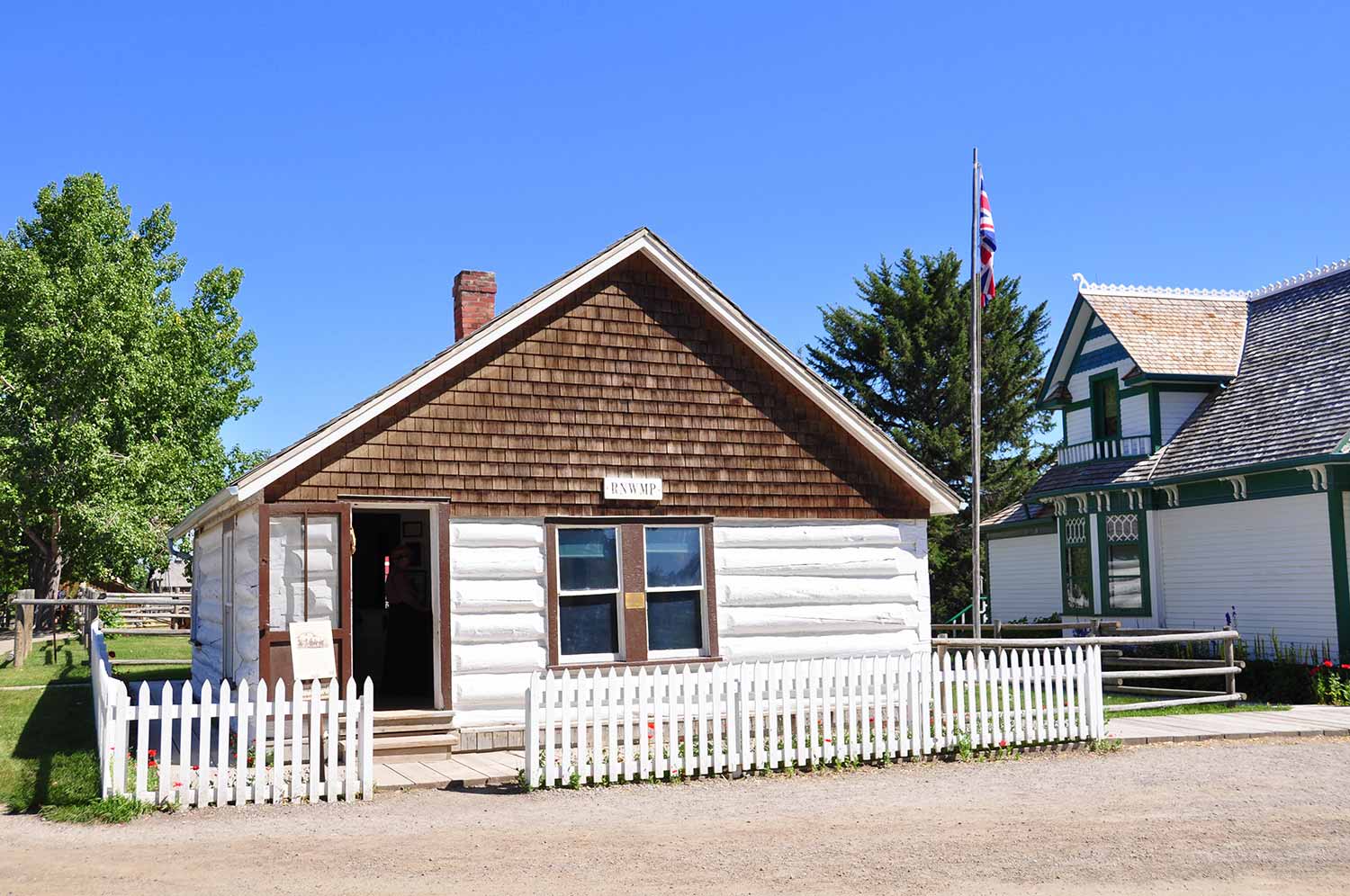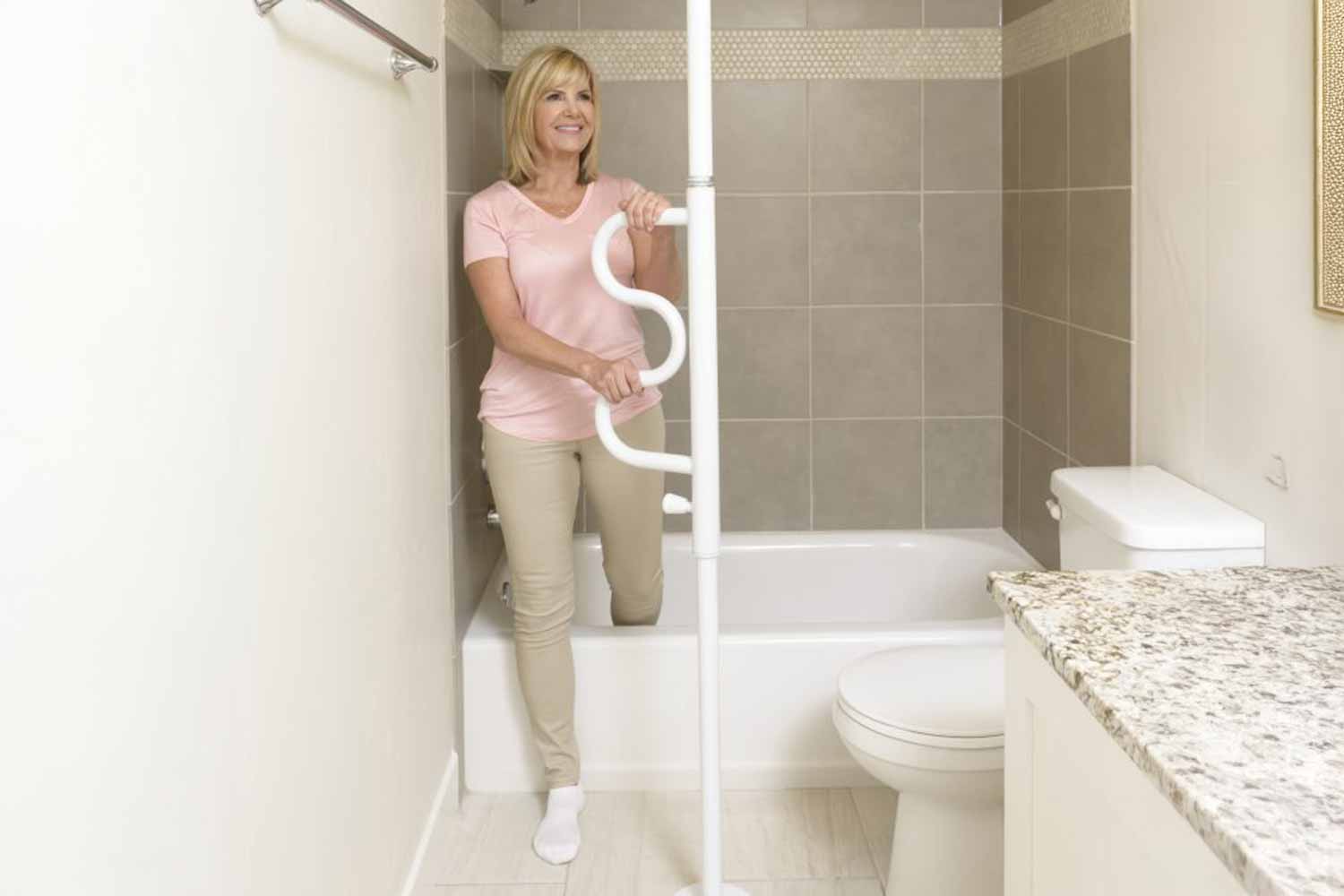Calgary is a city built on the promise of openness. Open skies. Open spaces. Open…
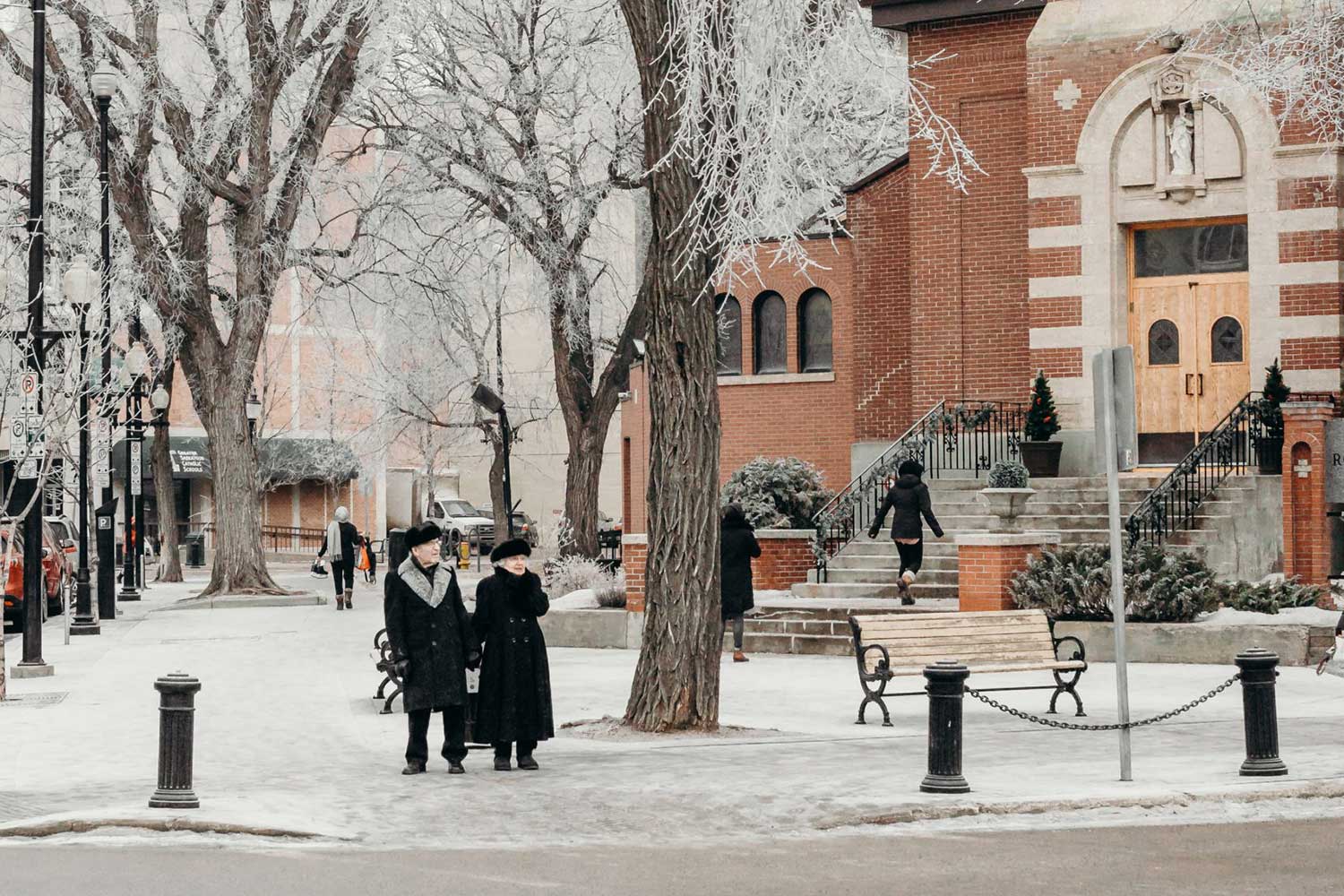
Cold Weather Safety
Winter can be a beautiful time of the year, but when the arctic winds, mounds of snow, and bone-chilling temperatures roll in, the season’s harsh side can prove especially dangerous for senior adults. Slick sidewalks lead to falls, colds and the flu escalate, and depression looms due to indoor confinement and less social interaction. However, with basic planning and prevention, wintertime risks for older adults can be mitigated, making the cold weather manageable—and even enjoyable.
STAYING WARM AND AVOIDING HYPOTHERMIA
Like most people, seniors feel the chill of winter, but older adults can lose body heat faster, and age-related changes can make it harder to recognize cold exposure. A significant drop in body temperature can lead to hypothermia, a serious condition that can cause severe health complications such as heart attacks or kidney damage.
It’s important to understand the risks and take precautions to stay safe and warm during the winter months.
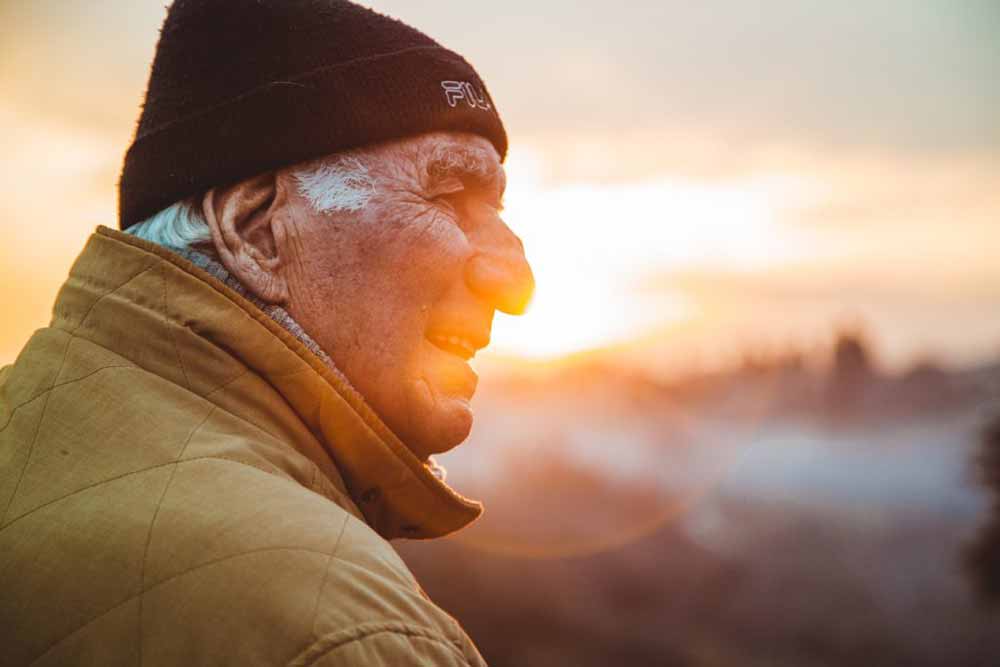
STAY WARM INDOORS
Keep your thermostat set between 68°F to 70°F (20°C to 21°C). For extra warmth, layer clothing with modern thermal wear, fleece slippers, and thick socks. Prevent drafts by using weather stripping, sealing gaps around windows, and keeping blinds and curtains closed. These steps can help reduce heating bills while maintaining a cozy environment.
Consider adding bathroom safety products like grab bars or heated towel racks to increase comfort and safety during winter.
ILLNESS, MEDICATIONS, AND THE COLD
Some illnesses and medications can make it harder for your body to stay warm:
- Thyroid problems: Affect body temperature regulation.
- Diabetes: Can restrict blood flow to extremities.
- Arthritis and Parkinson’s: May make dressing or using blankets difficult.
- Memory loss: Increases the risk of dressing inappropriately for the cold.
Speak to your doctor about how your medications may impact your body heat and whether adjustments are needed. Explore additional home care services to help with daily activities during colder months.
AVOIDING FALLS OUTDOORS
Snow and ice can create hazardous walking conditions. Seniors should wear nonskid boots, use ice melt or sand for traction, and seek help with snow removal. Using mobility aids like walkers with wheels or cane attachments for icy surfaces can also provide extra stability.
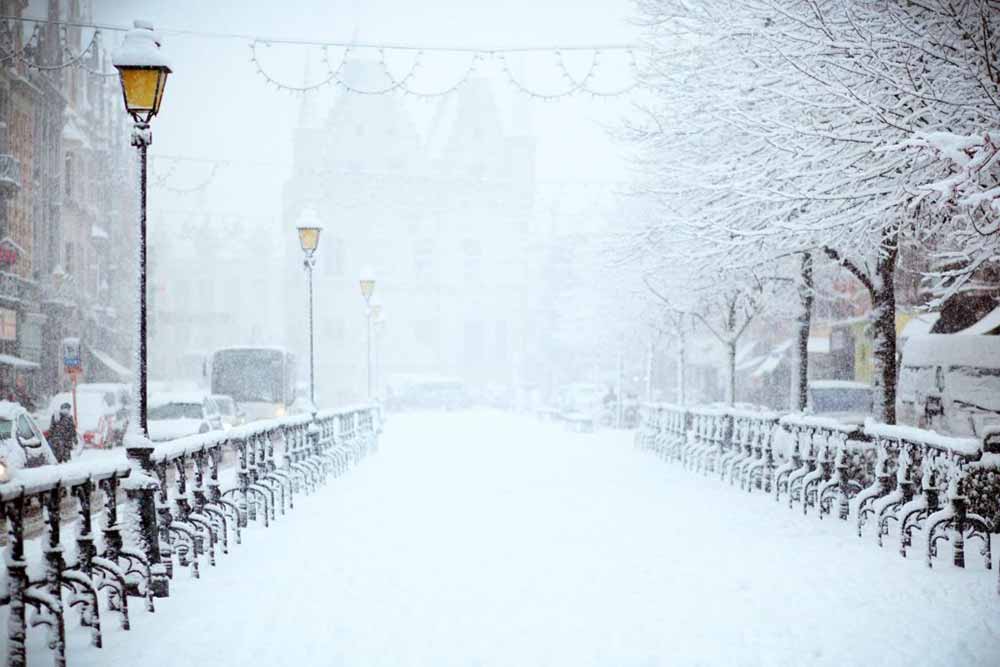
WEARING THE RIGHT CLOTHING OUTDOORS
Layer lightweight, loose-fitting clothing under an insulated, waterproof winter coat. Outerwear with a fleece lining and windproof shell is ideal. Don’t forget to wear a hat, gloves, or mittens to prevent heat loss and maintain dexterity in cold conditions.
Check out compression stockings to improve circulation during cold weather outings.
STAY CURRENT ON IMMUNIZATIONS
Winter increases the risk of colds, flu, and pneumonia. Seniors should consult their healthcare provider about recommended immunizations to stay protected against these seasonal illnesses.
EATING WELL DURING WINTER
Adding fresh fruits and vegetables to soups or smoothies is a simple way to incorporate essential nutrients. Vitamin-D fortified foods like grains, milk, and seafood can help compensate for reduced sunlight exposure. Check out our blog for more healthy eating tips.
HYDRATION MATTERS
Staying hydrated is just as important in winter as it is in warmer months. Seniors should aim for 6–8 glasses of liquids daily. Hot beverages like tea or cocoa are excellent choices, but monitor sugar and calorie intake.
STAYING CONNECTED
Winter isolation can lead to loneliness or depression. Schedule regular outings or visits with family and friends to maintain a positive mood. Social activities help trigger the release of natural mood-boosters like serotonin and dopamine. Contact us for ideas on staying socially active.
CAR SAFETY
Prepare your car for winter with good wipers, snow tires, and a safety kit. Keep your gas tank near full and carry an ice scraper, washer fluid, and a cellphone charger. Always share travel plans with someone before heading out in cold conditions.
UNDERSTANDING HYPOTHERMIA
Recognizing hypothermia in yourself or others is critical. Symptoms include cold extremities, pale skin, and confusion. Advanced signs may involve clumsiness, slow breathing, or blacking out. If you suspect hypothermia, call 911 immediately and take steps to warm the person gently.
- Move to a warmer place.
- Wrap in warm blankets or towels.
- Offer warm, non-alcoholic beverages.
ENJOY WINTER SAFELY
With proper preparation and safety measures, seniors can enjoy the beauty of winter while staying healthy and safe. From preventing hypothermia to staying connected with loved ones, small steps make a big difference. Explore Assist Health Supplies’ winter-ready products to make the season easier and more enjoyable.

